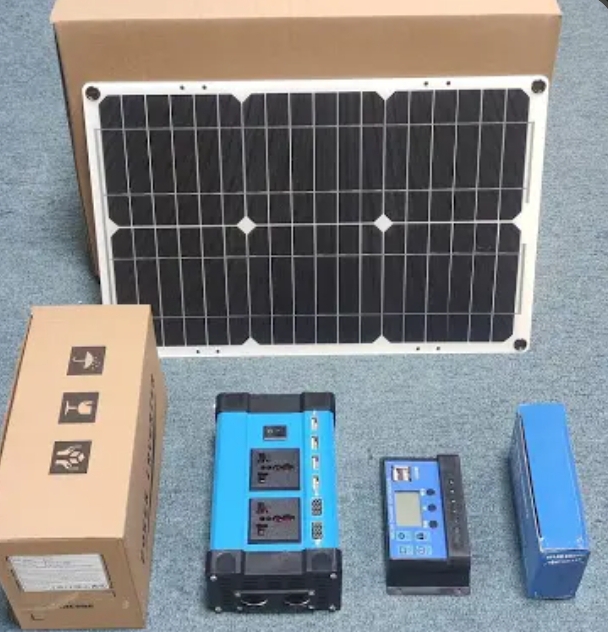By Osita Mbonu
Experts in the renewable energy sector have called for urgent enactment of a Renewable Energy Act as one of the pathways to ensuring quality solar products in Nigeria and achieving the country’s transition to clean energy. This, they said, will enforce standardization and curb the influx of substandard products into the country, which may undermine consumer confidence and slow down renewable energy adoption.
Speaking recently at a webinar titled “Understanding Solar Panel Efficiency and Battery Storage: What Every Consumer Should Know”, organized by the Consumer Advocacy and Empowerment Foundation, CADEF, a renewable energy expert and former President of the Renewable Energy Association of Nigeria, Dr. Segun Adaju, said while Nigeria has multiple renewable energy policies, including the National Energy Policy (2022), the Renewable Energy Master Plan (2011), and the Renewable Energy and Energy Efficiency Policy (2015), they lack legal backing, making enforcement weak and inconsistent.
“We have policies, but they are fragmented and unenforceable. Unlike Ghana and Kenya, which have clear legislative frameworks for renewable energy, Nigeria still struggles with policy implementation due to the absence of a Renewable Energy Act,” Dr. Adaju said.
Also speaking, solar energy specialist, Engr. Chinedu Okwaraoka, decried the importation of solar products into Nigeria that do not meet international quality standards due to poor regulation and enforcement gaps.
“Without strong oversight, low-quality products will continue to flood the market, making consumers skeptical about investing in solar energy. This will ultimately hinder Nigeria’s clean energy goals,” Okwaraoka warned.
Other experts at the webinar also outlined how a Renewable Energy Act would address the pressing challenges by enforcing policy consistency, unifying and strengthening existing policies under a coherent, enforceable legal framework.
The experts noted that enhancing quality control, introducing strict importation and certification guidelines will prevent substandard solar products from entering the market.
In her address, CADEF’s Executive Director, Prof. Chiso Ndukwe-Okafor, stressed the urgent need for a legal framework to protect consumers and accelerate Nigeria’s transition to clean energy.


